
The reality in which we live
Our country, Venezuela, has gained a certain notoriety over the last two decades, for a variety of reasons. Today, one of the most frequent topics in the news about Venezuela is migration; it is a fact that millions of people have sought in migration an alternative to the social, economic and political crisis that our country is undergoing today.
A significant proportion of those leaving the country in search of new opportunities are young people, looking for a different reality from the one we live here, marked by the following situations.
Public services are clearly deficient: some communities have no drinking water, electricity service is quite unstable, public transport is of poor quality, and the Internet does not guarantee connectivity for students and workers, while its prices are constantly rising.
Public health is a real tragedy: hospitals are in a state of collapse and poorly supplied, and patients have to bring their own medicines and equipment for treatment.
The public education system has serious shortcomings, many teachers have emigrated, and many others are unable to work full-time because they have alternative jobs. School and university infrastructures are in a state of general disrepair.
Corruption is present at all levels of public and private institutions and is one of the main causes of institutional dysfunction and the dishonest enrichment of a few.
Finally, the situation in the world of work is critical. It is outrageous that the legal minimum wage in our country today is less than 4 dollars a month. A “coupon” system has been created, but it has no impact on legal wages, and the average income in our country is much lower than in the rest of the countries in the region. Added to this is the absence of basic rights such as a written contract, an 8-hour working day or vacations.
The need for action
Despite this situation, many young people remain in their communities, in their homes, looking for ways to cope with their reality. Sometimes we look for individual solutions, but we realize that it is much easier to act together.
It is imperative that we seek solutions to help ourselves and others. Our personal expenses and our ability to contribute to the household income are constant concerns. We often feel frustrated and depressed because we are unable to contribute enough to the household, or because we are unable to cover our own expenses, education, clothing, food or hobbies.
Even those of us with jobs need extra income to get by. And those of us who are studying have to pay for transport, photocopies, Internet connection, notebooks and other school supplies. It is difficult for young people to combine work and study because of the demands of the job in terms of time and effort.

In YCW groups, we found that it is important to look for solutions together, share the difficulties we face and come up with ideas to help us generate resources.
Here are just a few of the ideas we have implemented: raising animals in our backyards to improve the family diet; making yogurt, cookies and pastries to sell at our work and study places; making wheat dough to sell in the community; making household cleaning products to sell.

Evaluation is necessary
Some of the initiatives we have developed have been more successful than others. It is therefore necessary for us to constantly evaluate our actions, reviewing our progress, valuing each step, however small, criticizing ourselves and correcting our mistakes, and seeking support, for example from adults who can guide us. We have held workshops on cost calculation, financial management and marketing strategies. And we know we still have a lot to learn.
In addition, it is important to reflect and study the model we want to reproduce. Today, in our country, we hear a lot of propaganda about supporting “entrepreneurs”, but from an individual point of view. In the YCW, however, we believe in solidarity and collective action. We have undertaken to familiarize ourselves with the social economy, associative work and cooperativism, in order to build a different model from the one that exploits and abuses us.
Partnerships are important
We have discovered that we are not alone in these actions. In addition to the YCW actions in sister countries, we have sister organizations here in Venezuela that promote similar processes that serve as a reference for us, for example EFIP (Training, Information and Publications Team), which has significant experience with girls in the textile sector in Caracas and Maracaibo, cities where the YCW is present, and CFG (“Guayana Training Center”), which supports the production of urban gardens and promotes bartering. We are in constant contact with these two organizations.

At our national council, we decided to continue
From September 5 to 8, 2024, we held our national council, during which, in addition to making progress in building the analysis, assessing our national action plan and moving forward with national coordination of the movement, we also decided to continue promoting the actions through which we collectively address production and which help us generate income to supplement our family income.
We are aware that this is not a permanent solution to our professional situation. We have not given up demanding a decent wage and a job where our rights are respected. We see these actions as a form of resistance to the serious crisis affecting our reality.
Today, we come together to look for alternatives for survival, while joining forces to fight for decent work.
It is in this same spirit that we are preparing to celebrate 100 years of struggle by the International YCW.
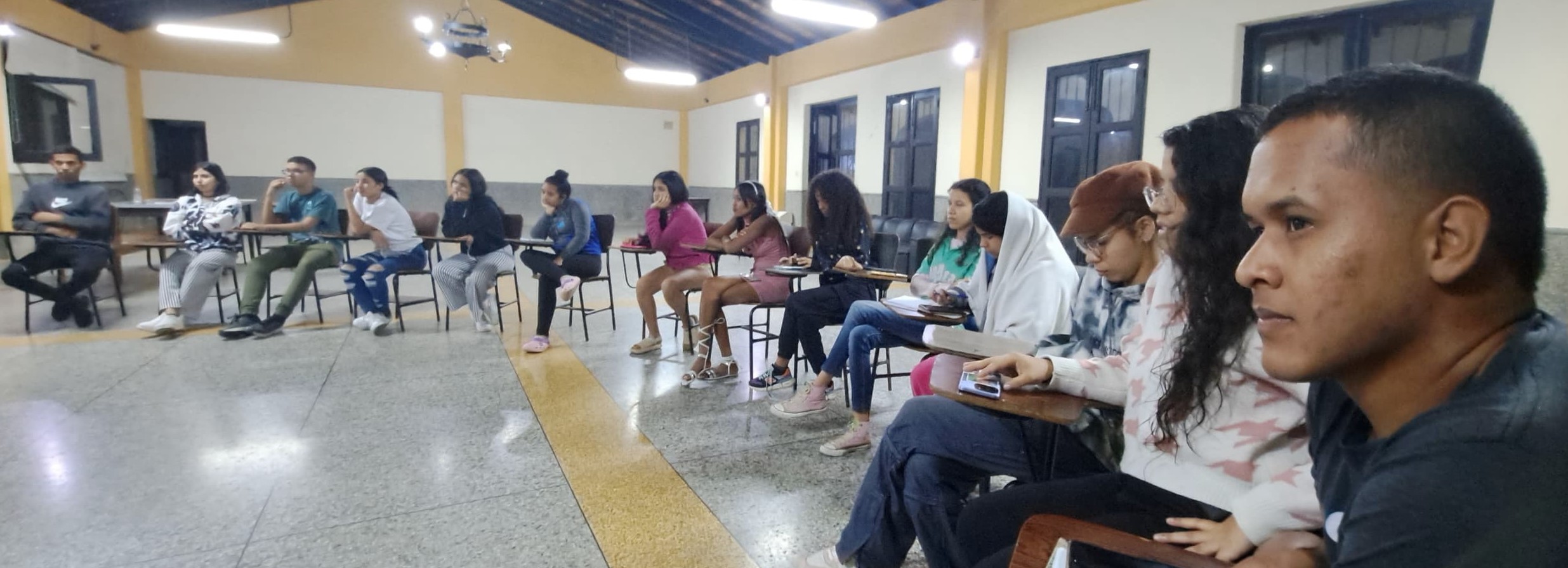

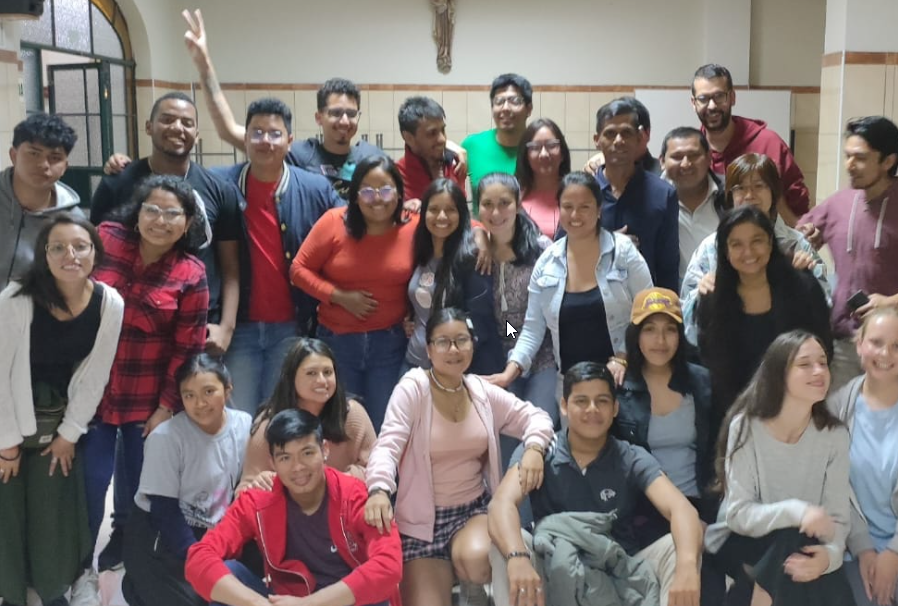
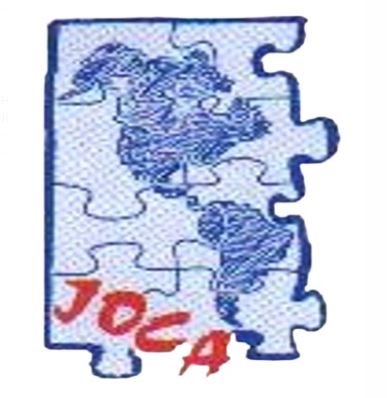
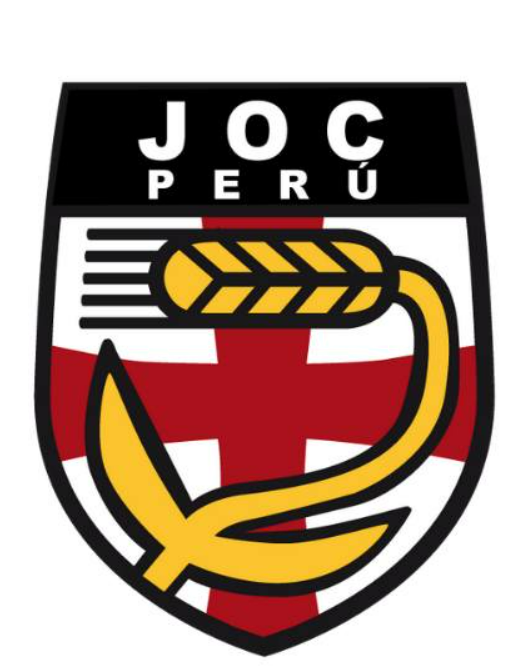
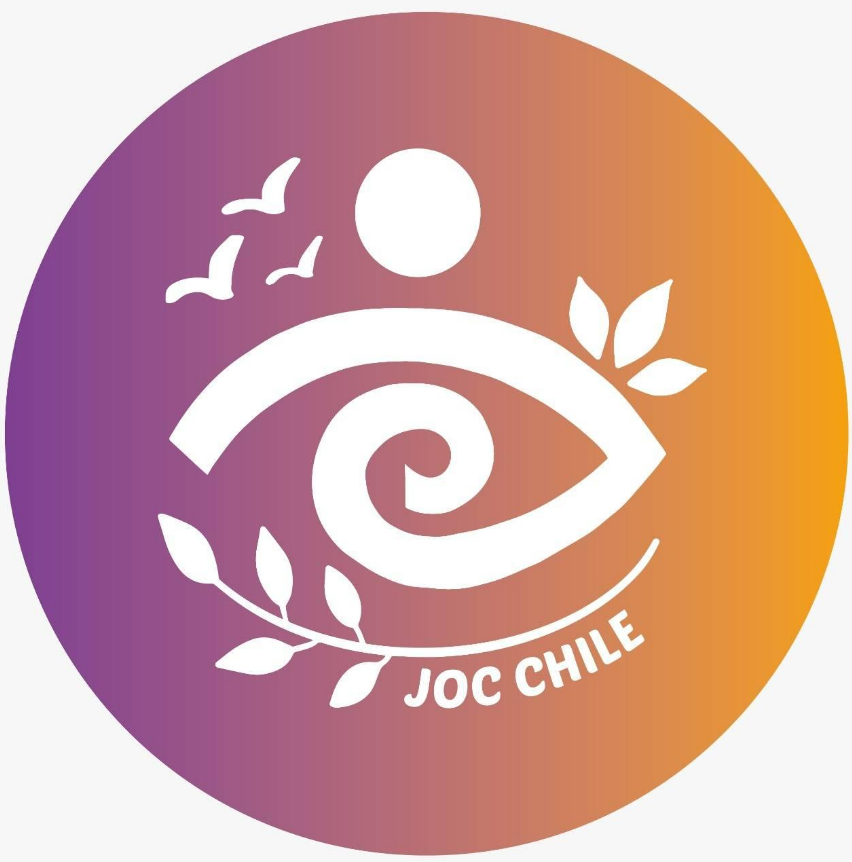
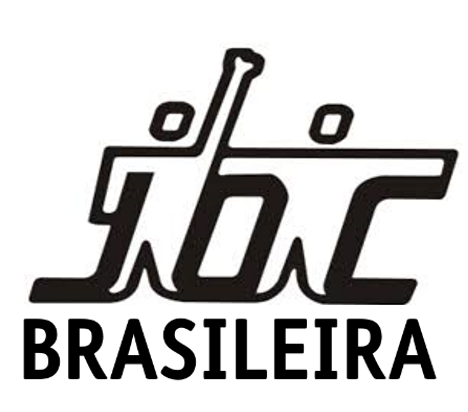
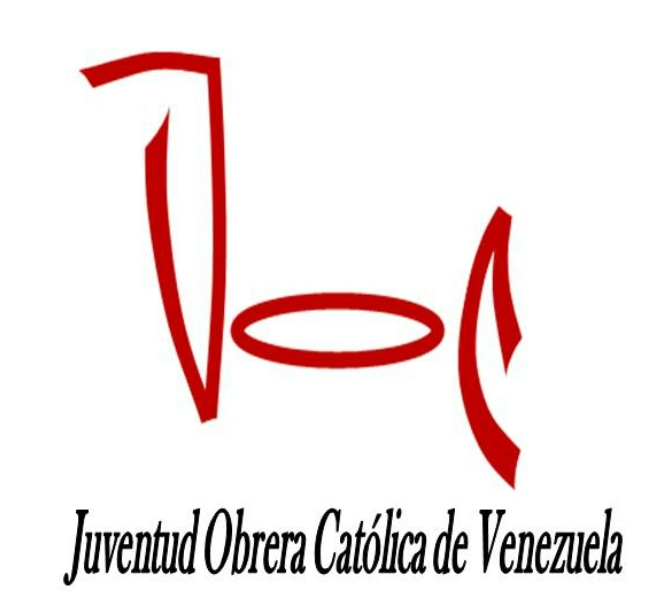
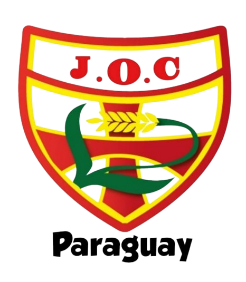
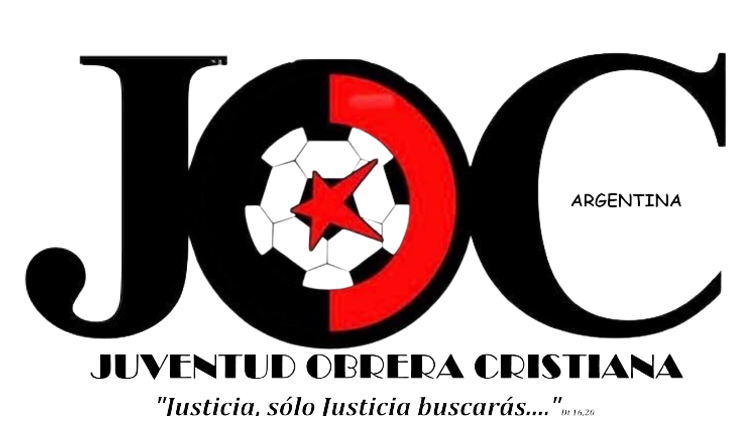
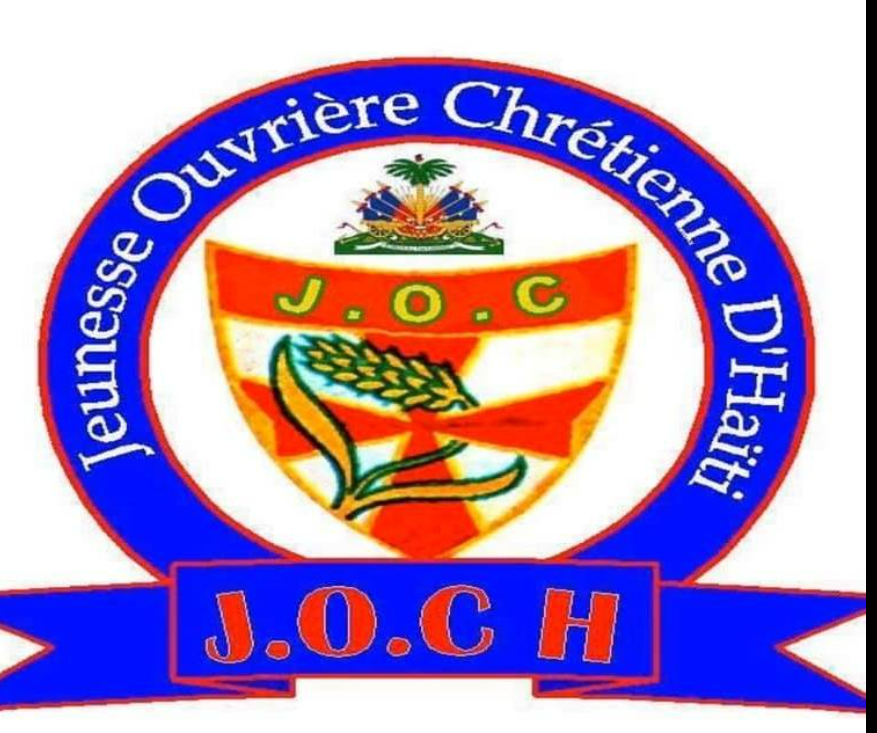
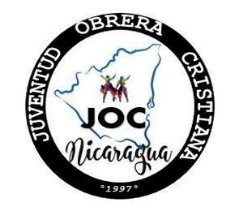

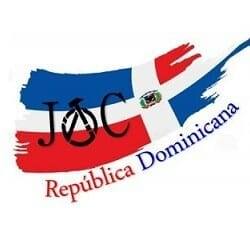

 English
English  Español
Español  Français
Français